Being equipped with the right knowledge, skills, and behaviours is crucial for managing and leading effectively in different organisational environments. This helps both individuals and organisations succeed.
Reflective practice is a key tool for management that supports the growth of knowledge, skills, and behaviours at work. By regularly evaluating your own performance, decision-making, leadership, and management abilities in various situations, you can identify areas for continuous development.
CMI 525 Using Reflective Practice to Inform Personal and Professional Development has been designed to help learners understand the value of reflective practice and how it can serve as the foundation for meaningful personal and professional growth.
Table of Contents
Assessment Questions
Learning Outcome 1: Understand the value of reflective practice to inform personal and professional development
AC 1.1 Analyse the importance of continuous personal and professional development in achieving organisational objectives
Personal and professional development is crucial for anyone who wants to stay ahead and succeed in their career. In today’s fast-changing world, where new technologies and ideas are constantly emerging, it’s especially important. To remain competitive, organizations need employees who are always learning and improving their skills.
Continuous development brings many benefits to both individuals and organizations. For individuals, it can lead to career growth and higher earnings. For organizations, it results in a more skilled workforce, increased productivity, and better performance.
Ongoing personal and professional development also helps build a culture of lifelong learning within an organization. This is important because it ensures employees are always up to date with the latest trends and innovations. It also creates a positive work environment, where employees feel supported in their growth.
fers many benefits. It helps you understand your strengths and weaknesses, set realistic goals, and create actionable improvement plans. Reflective practice also helps you identify any gaps in your knowledge or skills and learn from your mistakes. In summary, reflective practice is key for anyone looking to continuously improve. By reflecting on your performance, you can pinpoint areas to develop and create strategies to enhance your skills. This will help you reach your goals and succeed in your career. AC 1.3 Evaluate approaches to reflective practice. There are various ways to approach reflective practice, and it’s important to find the method that works best for you and makes you feel comfortable. One common approach is journaling. This involves writing down your thoughts and reflections about your daily experiences. Journaling can be helpful for processing your thoughts and recognizing areas where you can improve. Another method is talking about your experiences with a friend or colleague. This allows you to receive feedback and different perspectives on your performance, which can be valuable for growth. Ultimately, there are many ways to practice reflection, and the key is to choose the approach that suits you. By taking the time to reflect, you can gain a better understanding of your strengths and weaknesses, and create plans to improve your performance. Learning Outcome 2: Know how to apply reflective practice to inform personal and profess...
Subscribe to Unlock
Subscribe to unlock full access and draft feedback support.
Subscribe to UnlockAlready subscribed? Sign in
Why Choose Us?
- GPT Zero
- 100% Non-plagiarised Papers
- Dedicated human resource writers
- 24/7 /365 Service Available
- Affordable Prices
- Money-back and Privacy guarantees
- Unlimited Amendments upon request
- Satisfaction guarantee

